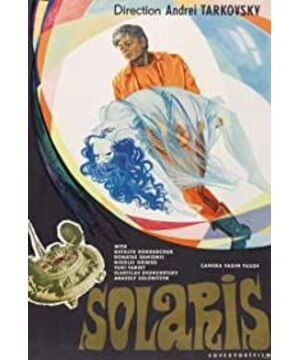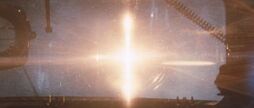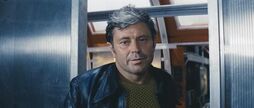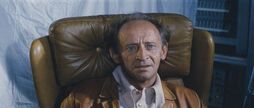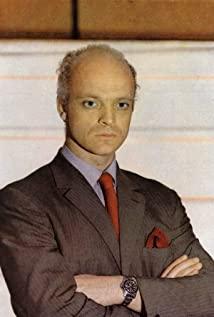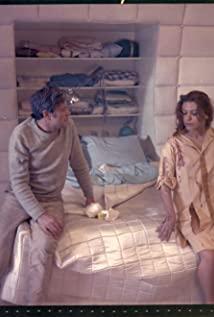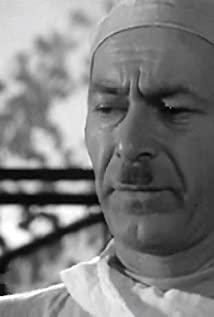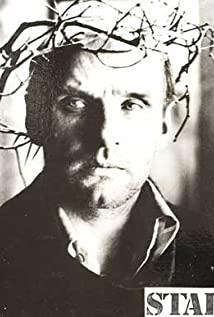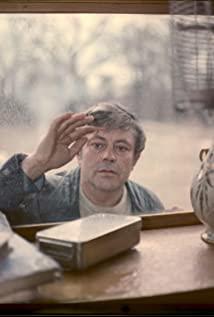Tarkovsky's narrative skills are obviously more careful than Lem's, and the reintegration of the original plot makes the story more orderly - the film's preposition of the later chapters of the book "The Great Apocrypha" is evidenced by . The smoother narrative is due to the abrupt and extensive introduction to Solaris research by the old tower cut out Lime. Although this is the place where the original book has been criticized by passers-by, it is also a highlight setting that fantasy fans are talking about. , it is difficult to determine what is right and what is wrong.
Of course, it cannot be said that the old tower has completely deleted the history of Solaris studies that Lem painstakingly created. It should be said that the old tower is presenting his interpretation of Solaris studies in a political way. The last photos of pioneer scholars resembling portraits of leaders, as well as lines such as "Hiroshima (Atomic Bomb)" make it obvious that technology has caused political and ethical conflicts. However, this interpretation of the old tower seems to be completely different from the intention of Lem. The latter has no intention of criticizing politics. He directly points to a mockery of the limitations of human cognition-the tradition of the old tower's perspective, which naturally arouses Lem's dissatisfaction.
On the other hand, the film arranges for the alien creature, Hari, to have a direct verbal confrontation with humans, which is also a conventional scene that the original book does not have. Harry's lines: I am becoming a human, and I can have the same deep emotions as you... These are old science fiction topics that torture the essence of human life, but they are obviously topics far below the level of Solaris. Planets, or "ocean" creatures, don't care how humans define human nature.
The similarity between the film and the original should be about the vulnerability of human beings on a space scale. At the beginning of the film, it is said that (space) everything is fragile, and the follow-up plot unfolds in a crazy face-slap mode: how cowardly the researchers in the space station are facing the "guests" made by Solaris; Crying and kneeling in his father's arms is both tender and ironic. Lyme's presentation of human vulnerability is even more exaggerated. The research on Solaris in the history of human beings in the book is no different from the hard performance of the medieval court jester, and the humans in the space station are even more incarnated as beasts with no sense.
In addition, I personally think that compared to the original, the biggest flash point of the film is: "Human cognition is standing still or even regressing" and "offends the spirit of adventure" and other lines. Obviously, Laota recognizes the reality that mass entertainment and political propaganda work together to consume people's enthusiasm. The space exploration of the United States and the Soviet Union is more like a big show, and only cold ashes remain after the false burning. Today, human beings have lost the curiosity and courage to explore.
View more about Solaris reviews


